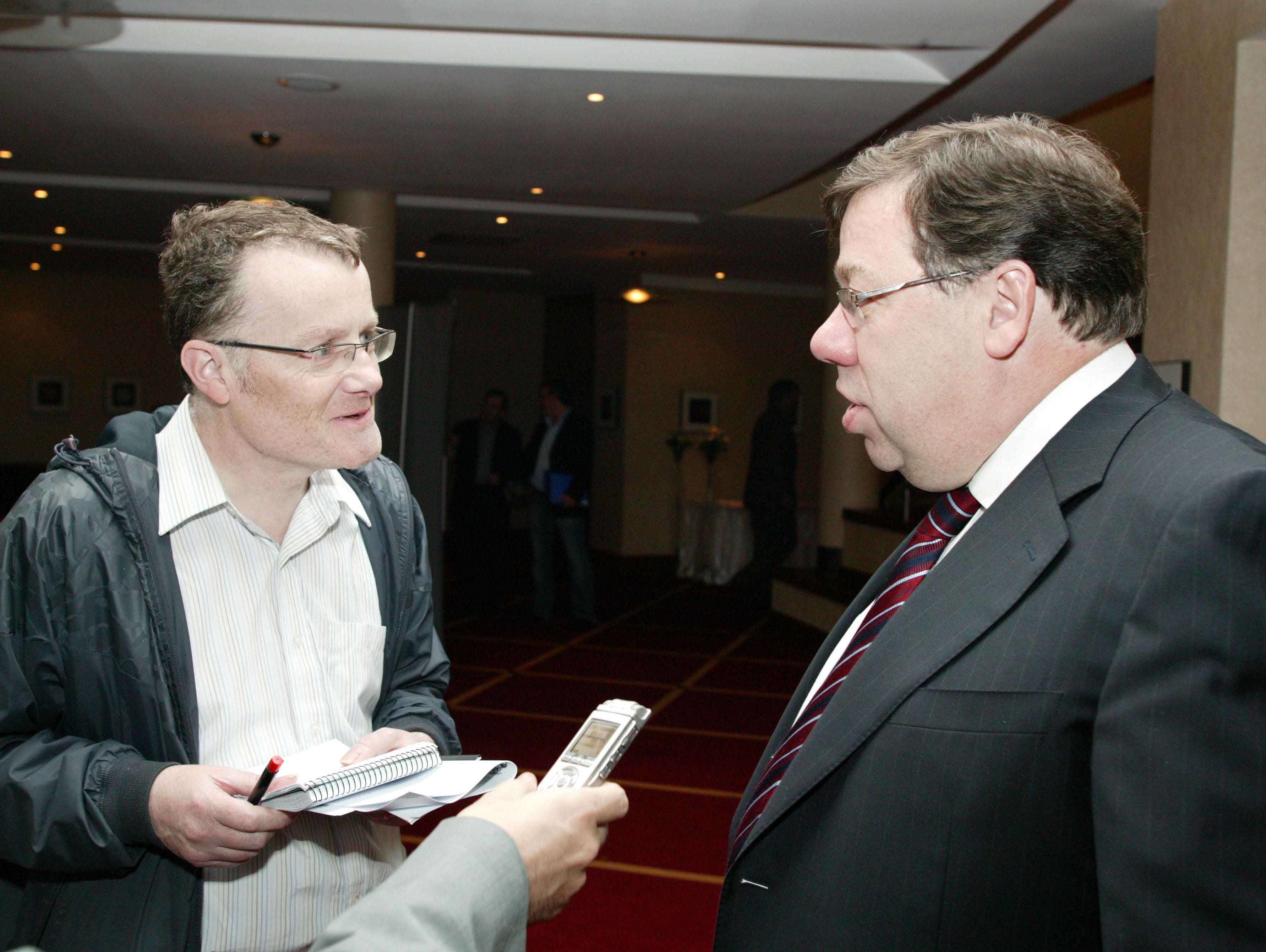
Experienced journalist Declan McSweeney says he has been locked out of the industry because of his age despite huge experience.
We have recently seen a number of examples of schemes to help young people from disadvantaged backgrounds enter journalism.
Such schemes are very commendable, and given that 43% of Britain’s top 100 journalists were privately educated (according to a 2019 study), and that 92% went to university, it is important to see steps to ensure that media reflect the diversity of British society.
I would ask, however, if one particular group has been forgotten in the desire to reflect diversity? I refer to older people with experience of journalism.
From conversations online with others with such experience, the impression I am getting is that once you get made redundant from the world of journalism, the chances of being rehired are slim, particularly if you are not based in London, where most of the jobs are located.
Experienced journalists are likely to be told, as I was, that they are a ‘washed-up has-been’, despite their best efforts to keep up to date with skills, and that editors prefer ‘the bright young people with media studies degrees’.
One editor, who did not have a job to offer but with whom I had a discussion on potential opportunities, told me that my biggest barrier to finding work was my age, adding that while others would claim it was about not being up to date on skills, that was not the real reason.
We hear little about the benefits of hiring older people, who would show an employer a commitment second to none, and who would certainly not be leaving the job, whereas with young people there is an inevitable turnover of staff, leading to having to rehire.
Older workers bring with them huge experience, knowledge and skills and – in my case and those of many others – would be happy with the same wage as a younger recruit.
As someone made redundant from journalism 12 years ago, I know what it’s like to apply for literally thousands of jobs all over Britain and to be invariably rejected. I have had one short-term journalism job and was on the way to being hired for three others but those jobs fell through due to financial problems in the respective companies.
I have previously written of the difficulties associated with the NCTJ requirement for Irish people like myself.
As outlined, I worked for over 18 years in one Irish title, now closed, and also worked in London for the Romford Recorder and as a sub-editor with Associated Press. My mistake of returning to Ireland, only to be made redundant by another title after nine months, was effectively the end of my journalism career. I returned to England a decade ago.
I now work in retail and while I am very glad to have a job, I ask myself why, with two degrees and nearly three decades of journalism experience, I can only get work that someone who left school at 16 could get.
At 62, I realise I will never work in journalism again, but I would not like to see anyone else go through such constant rejection.
Given UK job vacancies are currently at an all-time high, 1.1m according to the ONS, perhaps it is time for the media to look again at older workers to help fill staffing gaps.
Main picture: Journalist Declan McSweeney, left, interviews former Irish Taoiseach Brian Cowen.
Email pged@pressgazette.co.uk to point out mistakes, provide story tips or send in a letter for publication on our "Letters Page" blog
